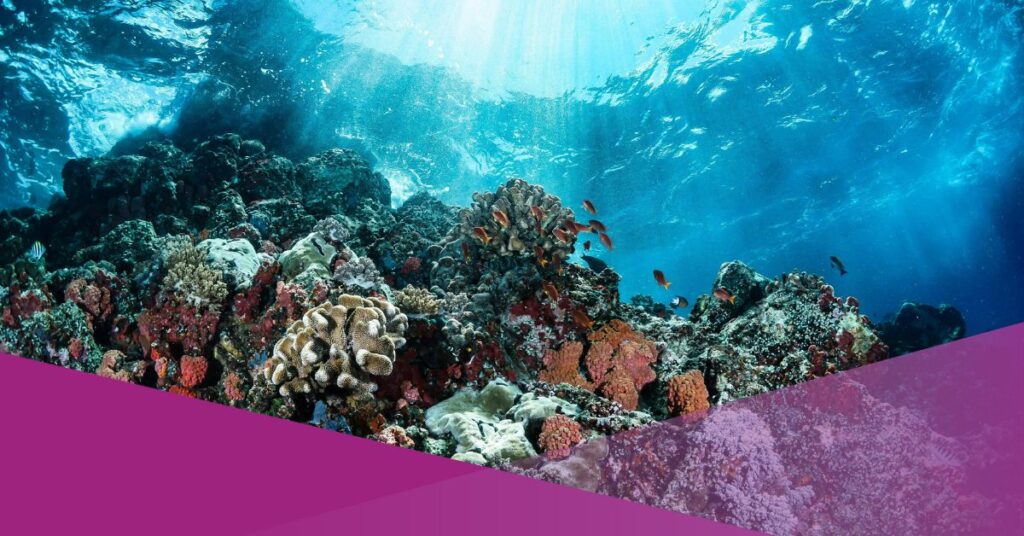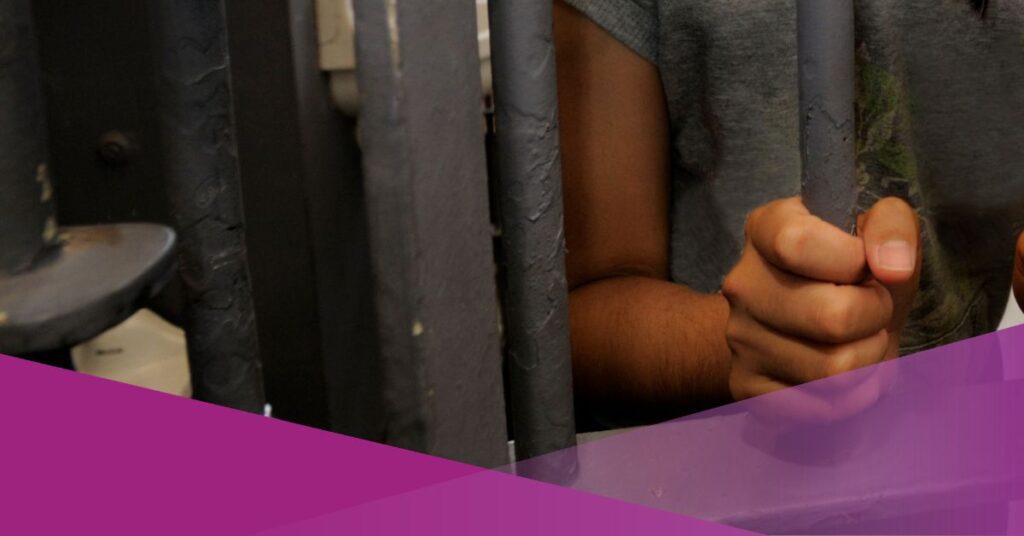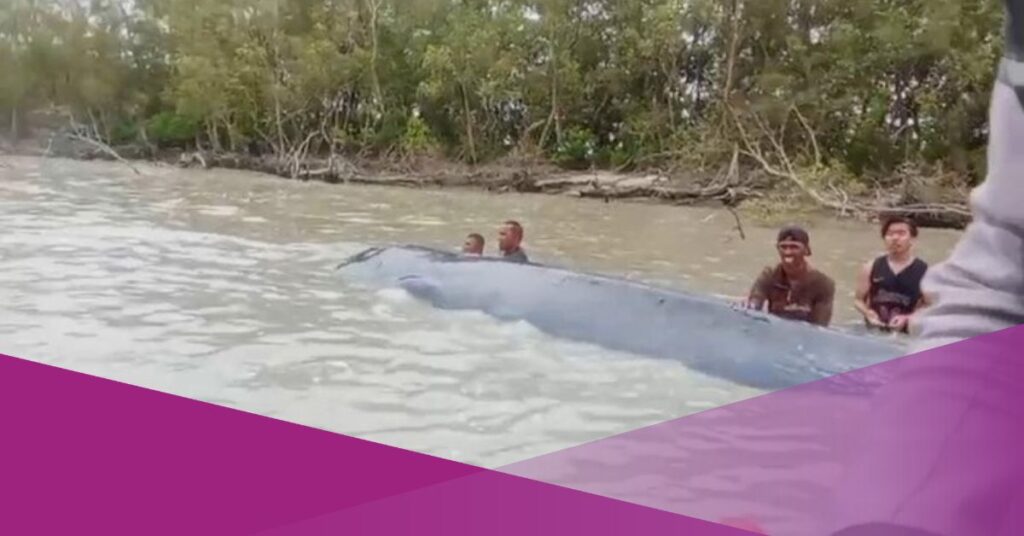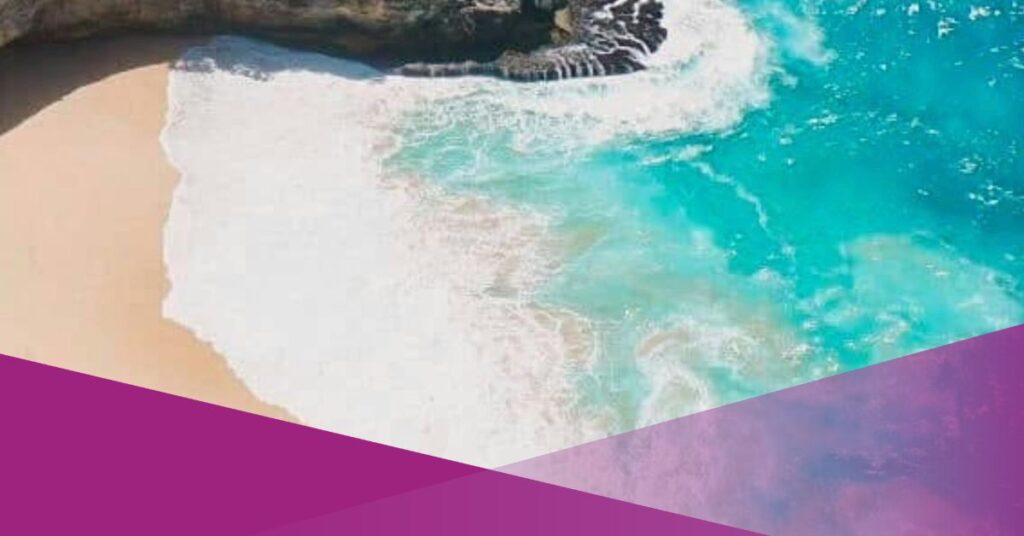Indonesia and the United States have reached an agreement on a Debt Swap for Marine Conservation, worth 35 million USD (IDR 565 billion), primarily aimed at coral reef conservation.
This agreement was finalized on January 15, 2025, after a lengthy process that began several years ago.
M. Firdaus Agung Kunto Kurniawan, the Director of Ecosystem and Aquatic Biota Conservation at the Ministry of Marine Affairs and Fisheries (KKP) explained that the debt transfer agreement was initially reached in July 2024.
The agreement was also announced by Finance Minister Sri Mulyani Indrawati following her meeting with Alexia Latortue, the US Treasury Department’s Assistant Secretary for International Trade and Development.
“The goal is to help strengthen and preserve the ocean and coral reefs in Indonesia through various initiatives,” said Sri Mulyani in Jakarta, as quoted by Antara in July 2024.
The proceeds from the debt transfer will be used for the protection of coral reef ecosystems in the Bird’s Head Seascape and Sunda Banda Sea, areas that are part of the world’s coral reef triangle.
“This area has high biodiversity, with nearly 75% of the world’s coral reef species found here,” said Firdaus on Monday, January 20, 2025.
The process is supported by two international conservation organizations, The Nature Conservancy (TNC) and Conservation International (CI), in collaboration with local partners such as Yayasan Konservasi Alam Nusantara and Yayasan Konservasi Cakrawala Indonesia.
The funds will be managed in a trust fund overseen by an oversight committee involving KKP, the Ministry of Finance, and various non-profit organizations.
Jennifer Morris, CEO of The Nature Conservancy, explained that this debt transfer is part of the Coral Reef Conservation Agreement (CRCA) under the US Tropical Forest and Coral Reef Conservation Act.
The funds will be primarily used to maintain the ecological integrity of coral reefs, including seagrass ecosystems, mangroves, seafloor habitats, marine protected areas, connectivity habitats, and endangered marine species.
Herlina Hartanto, Executive Director of Yayasan Konservasi Alam Nusantara, emphasized the importance of community involvement in the implementation of this program. Over the next nine years, local communities will not only benefit from the program but will also be trained as implementers on the ground.
“This is essential to ensure the sustainability of coral reef ecosystem protection so that best practices continue even after the program ends,” said Herlina.
This initiative is expected to have a significant impact on efforts to sustain Indonesia’s marine ecosystems, which are a vital part of the world’s natural heritage.


































